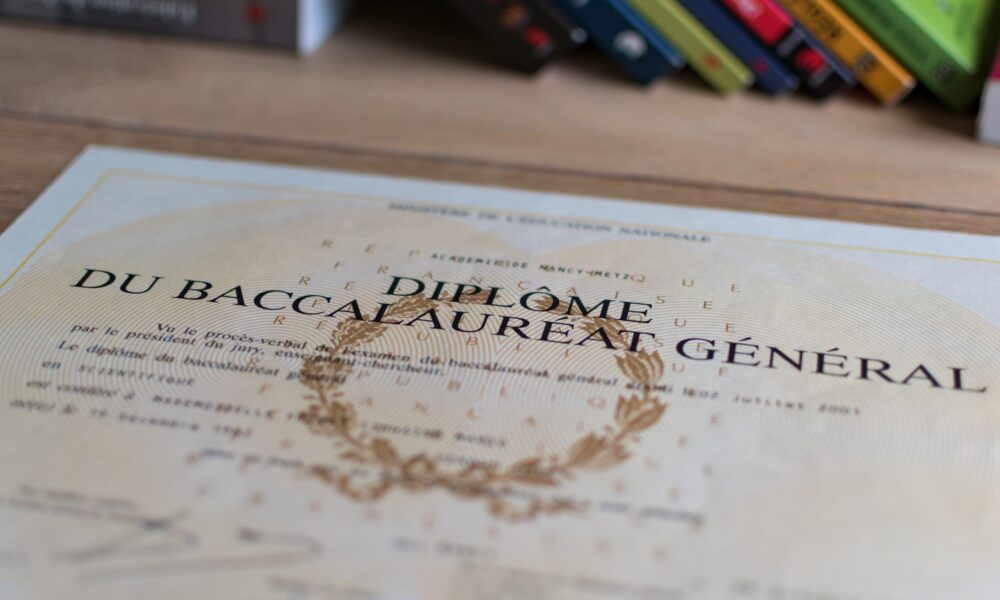The writer Doina Jela died

The writer, journalist and translator Doina Jela, a voice of literature that made known after 1989 the communist repression, died at the age of 74.
‘We say goodbye to Dina Jela, an important voice of memory and historical truth. We were pleased to have it with Fălticeni, between November 16 and 19, 2023, when Iiccmer marked the centenary of the birth of Monica Lovinescu through a series of events meant to pay homage to the courage and lucidity of one of the most important consciousness of the Romanian exile. Doina Jela’s disappearance leaves a huge void, but her writings and testimonies remain an essential landmark for what communist totalitarianism meant. Sincere condolences to the family and those close to them, « the executive president of the Institute for the Crimes of Communism and the memory of the Romanian exile (IICCMER), Daniel Șandru, said on Wednesday.
A graduate of the University of Bucharest, the Faculty of Philology, Prosecutor, Publicist and Translator Doina Jela was born, on March 1, 1951, in Vadu, from Constanța county.
He is the author of a large number of essays, chronicles, reviews, interviews, appeared in magazines like ‘Tomis’, ‘Art’, ‘Amphitheater’, ‘Literary Romania’, ‘Contemporary’, ‘Familia’, ‘Obserator’ (Munich), ’22’, ‘Vatra’.
He coordinated the collections ‘Communism process’ from Humanitas Publishing House and ‘Current’ from Curtea Veche Publishing.
In 1995, the Nichita Dumitru ‘case appears in Humanitas Publishing House, rewarded by the International Association of Writers and Romanian Arts, based in Washington, with the Honorary Prize for 1996.
In 1997, he publishes the volume ‘Telejurnalul de Night’ (2nd edition, 2005) publishing at Polirom Publishing House, and in 1998 he sees the light of the pattern, in the ‘Communism process’ collection, the volume ‘This love connects us’, designated ‘the book of the year’ at the International Book Fair in Timisoara.
Also in the collection ‘Communism process’, in 1999, the book ‘Drumul Damascului’ (re -edited in 2002) appears, and in 2001, ‘Black Lexicon, tools of communist repression’. In the same year, the director Lucian Pintilie, inspired by the book ‘Drumul Damascului’, made the movie ‘In the afternoon of a torturer’.
He also published ‘The Transcendental Meditation business’ (in collaboration with Cătălin Strat and Mihai Albu, 2004), ‘Hungary 1956: the revolt of the minds and the end of the communist myth’ (coordination with Vladimir Tismăneanu, 2006), ‘One hundred days with Monica Lovinescu’ (2008).
The Polirom also appeared ‘Villa Margareta’ (2015).
He translated for Humanitas Publishing House ‘Anthology of legal thinking’ by Phillippe Maulaurie; For the series’ Communism process’ of the same publisher, Stalin ‘by Boris Souvarine translated, in collaboration,’ Black Book of Communism ‘, coordinated by Stephane Courtois,’ kiss the hand you can bite ‘and’ a frightening America ‘by Edward Behr and, for the Polirom Publishing House, from the Italian, from the Greek man.







